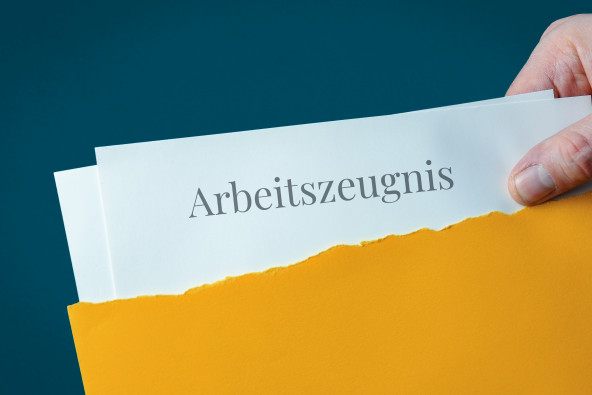Employee can sue if reference is far too good

Usually, reference disputes brought to court are about the employee demanding a better evaluation than the one given by the employer. The LAG Hamm has now ruled that the employee can also enforce a correction of the reference in court in the opposite case.
In the specific case, the parties had agreed in a court settlement that the employee had the right to make suggestions for the reference text. The employer deviated several times from the already very good ratings in the employee's proposed text by adding terms such as "extremely", "extremely" and "outstanding". The employer replaced the suggestion "We rate him as very good" with "If there were better marks than 'very good', we would rate him as such".
As a result, the LAG affirmed a claim for correction of the reference in each case if the employer deviates from the employee's draft by increasing the grades "upwards" and if it is clear from the overall impression of the reference that the assessments are not meant seriously due to their ironic character.
In doing so, the court ultimately confirmed the principle that has long been established in testimonial case law, according to which ambiguous or "ambiguous" formulations in testimonials are generally inadmissible. This also includes ironic formulations.
Conclusion
This ruling by the Hamm Higher Labor Court is likely to remain an exceptional decision. Nevertheless, employers should take care not to be overly positive in their references.
